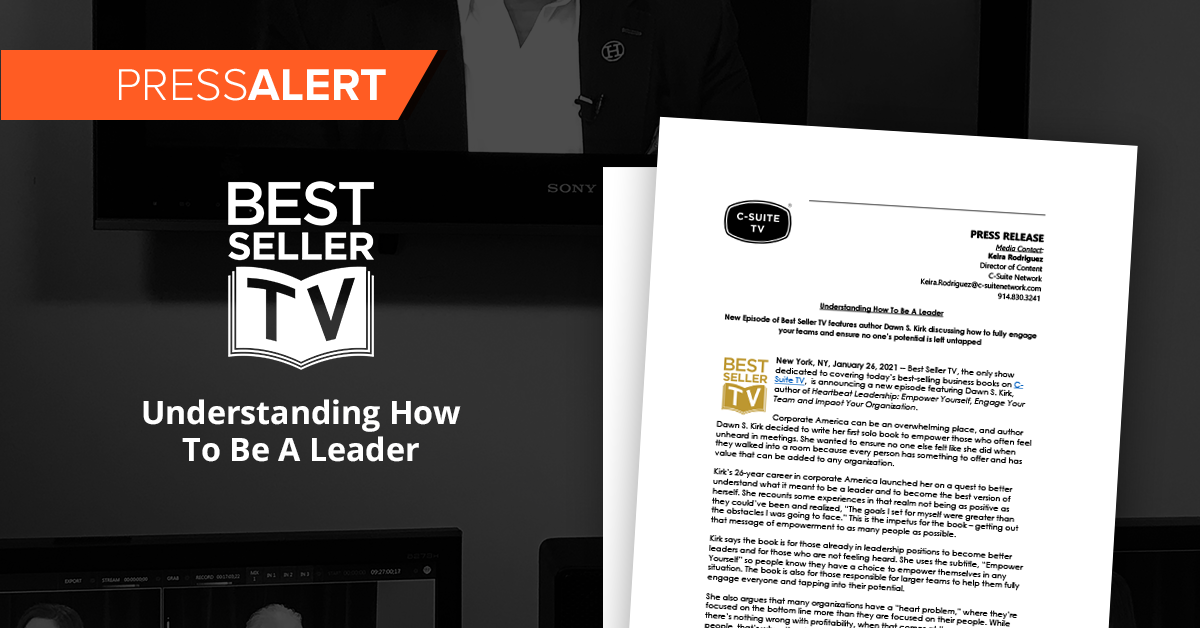
How Results-Focused Management Empowers Remote Teams
How Results-Focused Management Empowers Remote Teams https://csuiteold.c-suitenetwork.com/wp-content/uploads/2014/06/results.jpg 885 542 C-Suite Network https://csuiteold.c-suitenetwork.com/wp-content/uploads/2014/06/results.jpgby Julia Camenisch
“Isn’t it funny that we reward people for putting in long hours when we don’t know for a fact that those long hours are amounting to anything?” — Cali Ressler and Jody Thompson, from their book “Why Work Sucks and How to Fix It“
In 2003, Cali Ressler and Jody Thompson, Best Buy human resources managers, were tasked with creating a more productive work environment for headquarter employees. They initially explored the idea of flextime, but discovered that for many, adjusting their work schedule wasn’t all that appealing. In fact, flexible office hours were surprisingly low on the list of priorities for employees.
After a bit more research, Ressler and Thompson realized that what truly motivated the Best Buy corporate staff was freedom to pursue results. After all, they’d been hired to accomplish a job. But the traditional office setting was stifling productivity and instead fostering complacency. That’s when the Results Only Work Environment (ROWE) management philosophy was born.
Since that time, many companies have revolutionized their work environments, embraced remote work and experienced amazing spikes in productivity — all thanks to ROWE. Even the public sector is beginning to jump on the bandwagon.
At Georgia-based Highgroove Studios, this trend towards empowering employees was the answer to the CEO’s managerial woes.
No More Clocking In
“People come into the office because it helps them get results. If it doesn’t help them with their results, then they should definitely not be there,” said Charles Brian Quinn, president of Highgroove Studios. While this isn’t your normal management statement, Quinn has good reason to say it: His firm, which specializes in Ruby on Rails development, became a ROWE-certified workplace in early 2011.
For Quinn, the journey to using ROWE began not long after his firm’s founding. His first employee was “brilliant,” according to Quinn. “He would get on a roll and stay up all night working. He’d nail the job, and our clients were happy.”
However, the more all-nighters his employee worked, the more Quinn began to wonder what role regular office hours should play in measuring employee performance. “It became less apparent to me that office hours were really the thing that mattered, especially when clients were happy and the product got delivered,” he said. So Quinn started looking for some other method of management that would empower employees while also holding them accountable.
A friend told him about ROWE, and Quinn decided to give it a shot. The first experiment was a failure as they struggled to define which results were important to measure. Quinn laughed when talking about it. “A result of ’40 hours a week’ was not a good result, I can tell you right off!” But he tried again. After more experimentation, it finally clicked. And ROWE became Highgroove’s guiding philosophy.
Tracking What Matters
“We interpret ROWE as being that people should focus on results, and really nothing else. It no longer makes sense for us to say that work should take place from 9-to-5 and that the employer dictates when and where the work takes place,” Quinn said.
While it seems as if tracking results should make a manager’s job easier, he admitted that the opposite was really true. “The role of managing in a ROWE workplace is not easy. It would be much easier to have everyone work 9-to-5.” For Quinn, switching to ROWE meant some serious digging into what made his company tick.
As he explained, the key was learning to ask the right questions. “You have to think of the metrics that matter. Do we really care about this? Does this person really have the ability to meet this? It requires thinking up front about what things really matter for the success of the business.”
ROWE Collaboration
With the freedom to work whenever and wherever they want, is team collaboration ever a challenge? Quinn admitted there have been some speed bumps, but argued that it all boils down to hiring the right people. “ROWE lends itself to the team. If you do the right type of hire, you get people that are results-oriented…people find a way to make it happen.”
Even with the right hires, consultant Katy Tynan advises ROWE managers that whatever results you implement across the team, make sure they foster collaboration. “If your team members are being judged solely on their own performance and being allowed to create a totally flexible schedule, it can put a big damper on teamwork…reward people for supporting one another wherever possible,” she wrote.
Empower Your Workers
The essence of ROWE boils down to believing in the people you hire and empowering them to make your business a success. In effect, you’re allowing each and every team member to drive company results. In the end, this will create a team culture bent on success.
Highgroove developer Charlie Tanksley sums it up this way: “This respect [for employees] has another result… I was struck with an overwhelming feeling that I wanted to further the goals of the company. That is, I want to respect Highgroove by making sure that the company achieves its goals. I kind of don’t even care what those goals are. If they are important to the company, they are important to me.”
What better result can a company ask for?
How do you measure results for yourself or your teams? Leave your advice in the comments section below!
*This post originally appeared on oDesk.com.
 Julia Camenisch is a freelance technology and business journalist. She also works as an editor and copywriter for a wide range of clients, including national magazines, small businesses and nonprofit organizations. Julia brings to oDesk a passion for empowering small businesses through the innovative use of technology. Follow her on Twitter @juliacamenisch.
Julia Camenisch is a freelance technology and business journalist. She also works as an editor and copywriter for a wide range of clients, including national magazines, small businesses and nonprofit organizations. Julia brings to oDesk a passion for empowering small businesses through the innovative use of technology. Follow her on Twitter @juliacamenisch.





